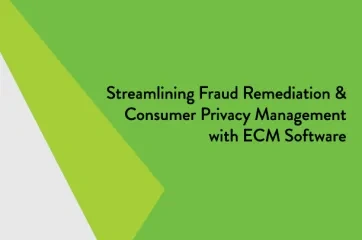Wire Transfer
A wire transfer refers to the electronic transfer of funds from one financial institution to another. It's a method of sending money quickly and securely where the sender provides instructions to their bank or financial institution to transfer a specific amount to another account. Wire transfers are often used for large transactions or when immediate transfer of funds is necessary, as they typically involve a fee and are processed within the same business day. This method ensures the funds are available almost immediately to the recipient, making it a preferred choice for international transactions or urgent payments.
Wire transfers are important pieces of the banking ecosystem because of:
Speed:
Wire transfers are one of the fastest methods for transferring funds, often completed within the same business day, which is crucial for urgent payments.
Security:
Wires offer a secure way to transfer large sums of money electronically, reducing the risk associated with carrying physical cash or checks.
Global Reach:
Wire transfers facilitate international transactions, allowing individuals and businesses to send and receive funds across borders efficiently.
Reliability:
Funds transferred via wire are typically guaranteed to be available to the recipient almost immediately upon completion of the transfer.
Record Keeping:
Banks and credit unions provide detailed records of wire transfers, which helps in tracking and reconciling transactions for both senders and receivers.
Business Transactions:
Wire transfers are essential for businesses that need to make large payments to suppliers or receive payments from international clients promptly.
Compliance:
Wire transfers help financial institutions comply with regulatory requirements related to money laundering and fraud prevention through stringent verification processes.
NXT, Alogent’s digital consumer and business banking platform, offers a robust set of pre-built integrates to hundreds of third-party applications to offer a full digital ecosystem of capabilities. Learn more.








